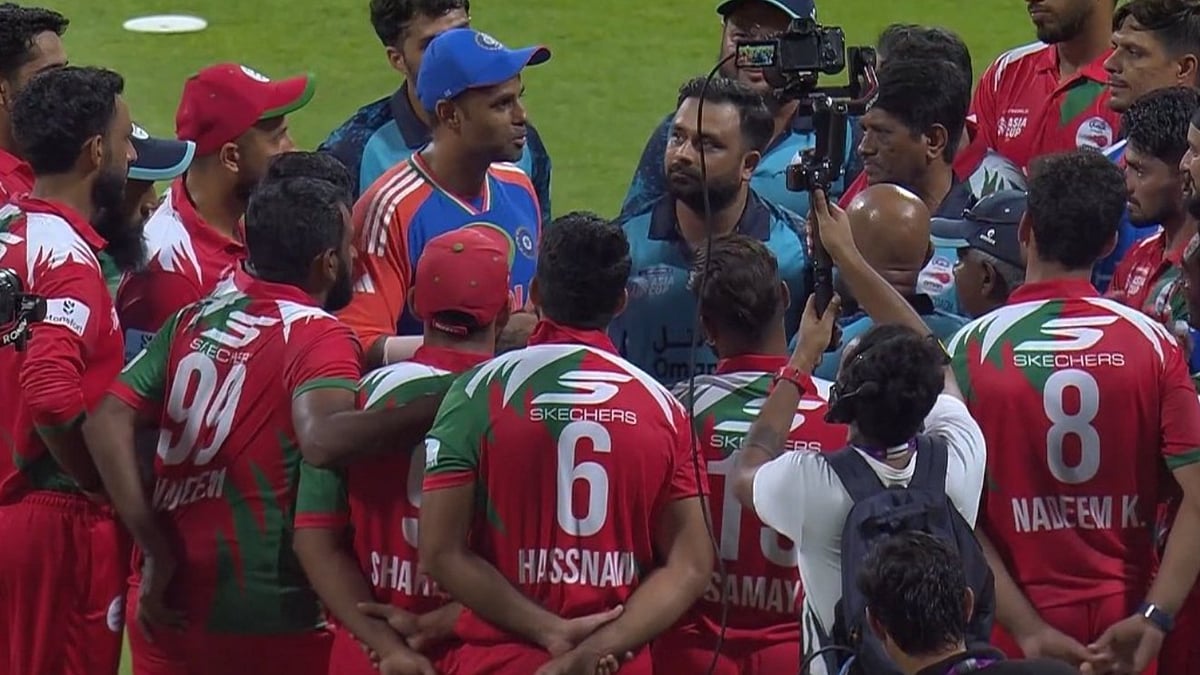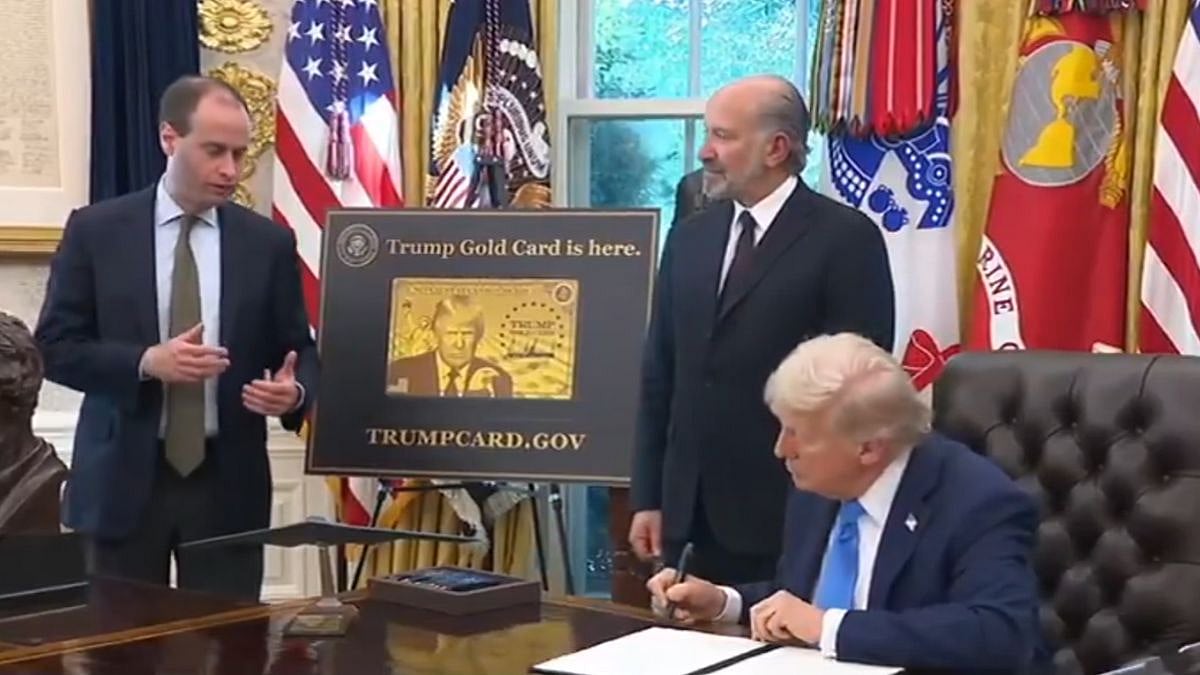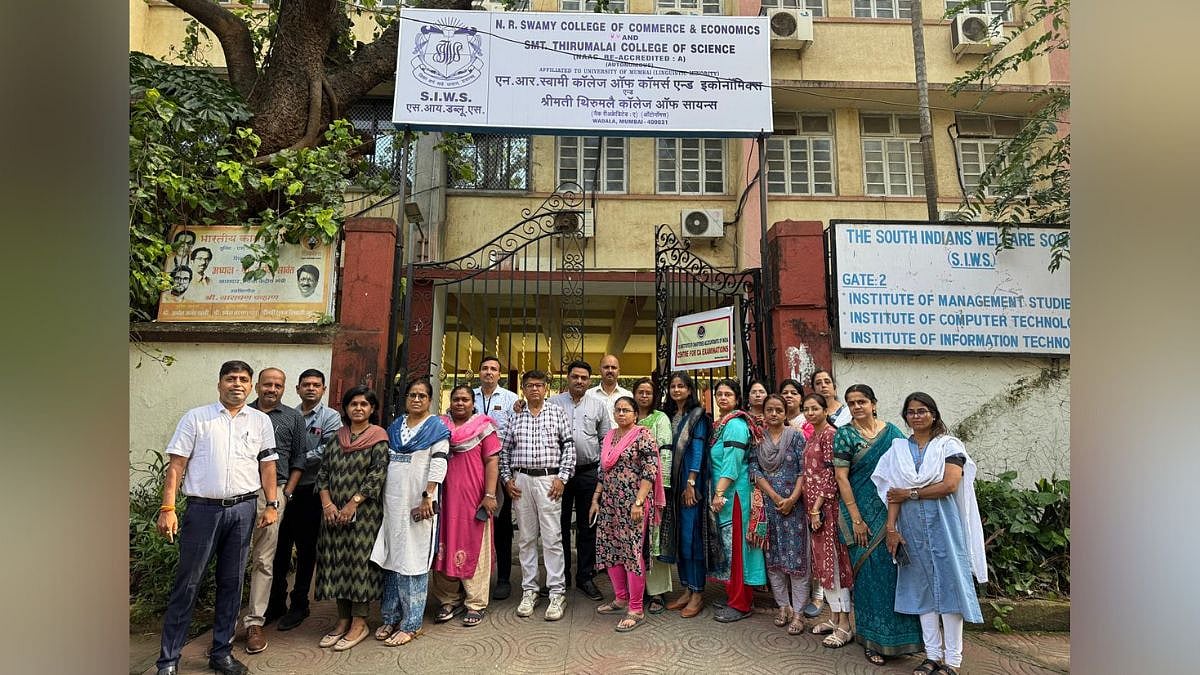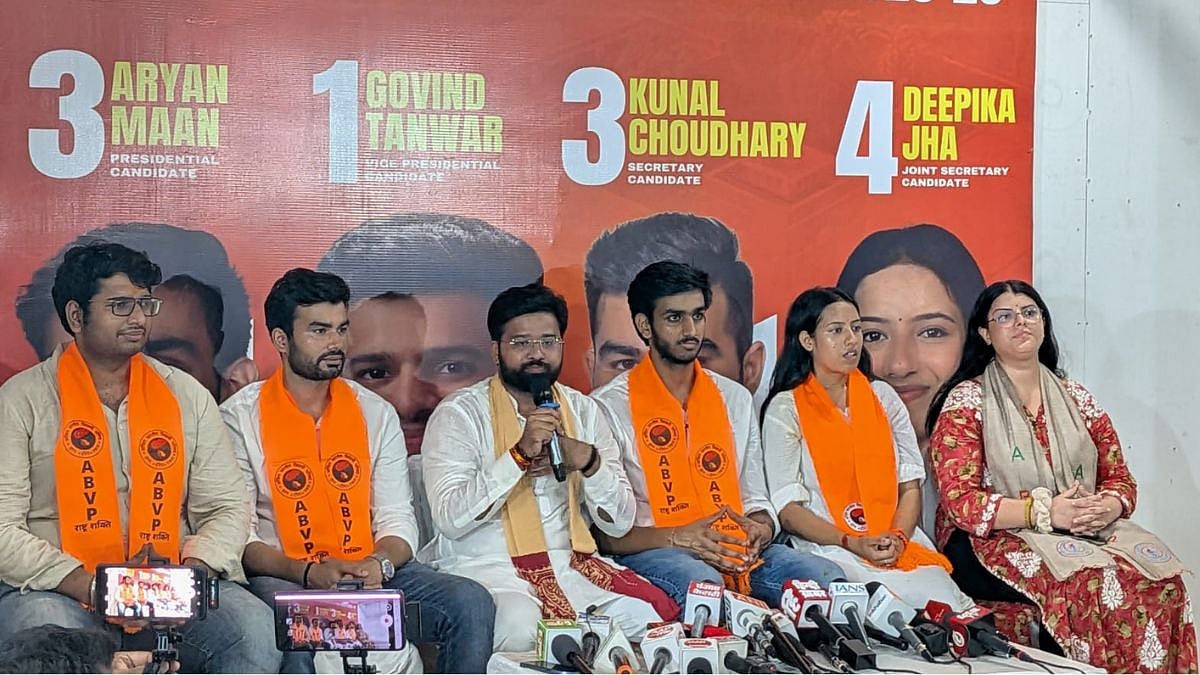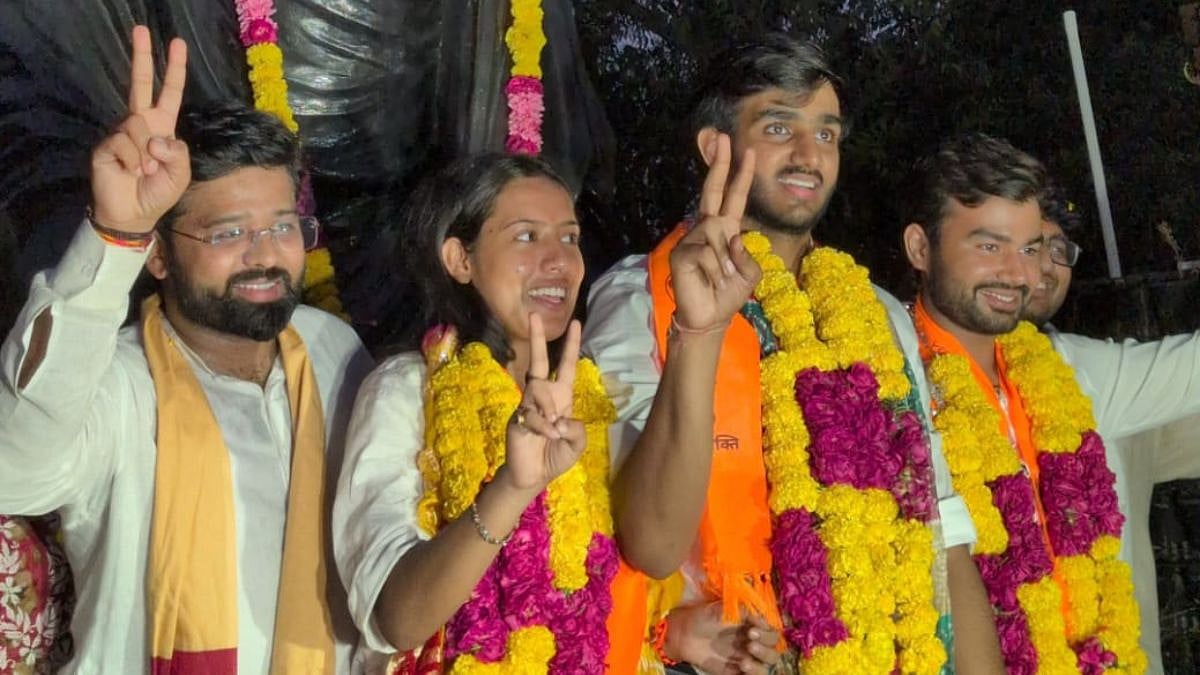(The Free Press Journal publishes articles by study abroad consultants, Consulates, foreign universities, international students, and much more every Saturday to give its readers a glimpse of the world of overseas education.)
Given the environment of layoffs, a lot of Indian students studying in the US are finding it difficult to get jobs (across finance, MBA, engineering, CS, and IT). My LinkedIn inbox is flooded with many Master's students narrating their job-hunting struggles.
What if you are not getting a job in the US as an international student?
On Optional Practical Training (OPT), students only have 90 days to find a job in the US after their graduation or they must leave the country.
One temporary solution is to (i) land a part-time Research Assistantship role in your University, and (ii) convert that into a full-time position where you can work for 3-4 months after your graduation. I did this myself and it helped me tremendously.
I had completely relied on cold emailing to land multiple RAships. I cold-emailed 50 professors at Yale and landed six RAships. I selected one and gave the other five to my friends.
The five-point strategy that helped me
While at Yale, I used to work as a part-time RA in the Economics department. I was deliberate about performing well and building a good rapport with my Professor. Just 3 weeks before graduation, I requested that he could extend my contract and keep me on the payroll for 6 more months. My efforts paid off as he immediately agreed.
This strategy helped me in the following ways:
1. It gave me more breathing room to find a good job, and not settle for mediocrity just to stay in the US: I had the mental security and time to continue my search.
2. It allowed me to not use up any unemployment days as part of my OPT; I was working as soon as my Employment Authorisation Document (EAD) card came, which was a huge psychological relief.
3. It provided me with some modicum of financial security - I could stay in New Haven, Connecticut for a few more months, and cover my rent and living expenses. I would get $25 per hour and would work for 6 hours a day. This also gave me time to job hunt and upskill myself.
4. It immensely boosted my Resume - when employers found out that I had work experience on US soil and in Research, it added to my credibility.
5. You get access to the Professor's network - this will open doors to more job opportunities. Moreover, I figured that Professors are more than willing to do this - a few extra thousand dollars does not impact their research budgets.
There’s hope ahead
The process gave me immense mental peace and allowed me to choose a job of my liking during a time of anti-immigrant rhetoric amid Trump’s presidency and COVID-19. It also allowed me to negotiate my salary from a position of strength.
To all the international students who're reading this, I hope it encourages you to land a RAship at your University.
The author is a Yale graduate and is currently working as Research Analyst at IMF in Washington DC, USA. His LinkedIn is - Vatsal Nahata


